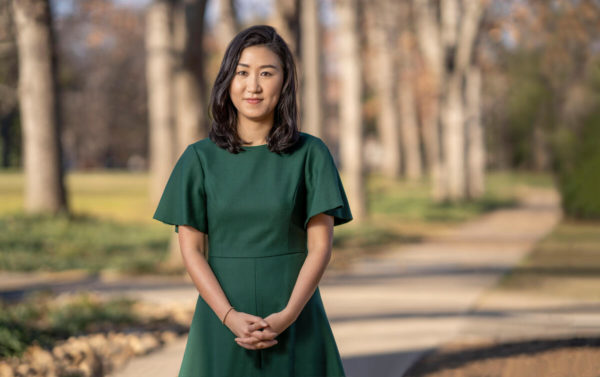THE IDEA

People pay attention to politics like they do sports: When their “team” is “winning,” they tune in to news more than when they are “losing.” Eunji Kim, assistant professor of political science, and Jin Woo Kim at the University of Pennsylvania have discerned this by studying 70 years of national election surveys to learn when people pay more attention to politics. This means that even if they all watch the same newscasts, their perceptions will be biased because of when they tune in.
WHY IT MATTERS
Understanding when people across the political spectrum choose to consume news is more important than knowing where they get their information. Dubbed “temporal selective exposure” by the researchers, this phenomenon shows that people more often receive biased information based on timing, not on the source. According to the research, Republicans watched less news at the advent of and throughout the Great Recession.
WHAT’S NEXT
Kim is pursuing many avenues of empirical research on political communication and expects that this work will shed light on the puzzle of why American perceptions are so polarized even when most are either consuming similar types of news or are not watching the news at all. She is working on other projects that quantify the political consequences of nonpolitical media.
GO DEEPER
The article “Temporal Selective Exposure: How Partisans Choose When to Follow Politics” was published in the journal Political Behavior on March 5.
Paper: “The Republic of the Inattentive” as featured in The Vanderbilt Project on Unity & American Democracy